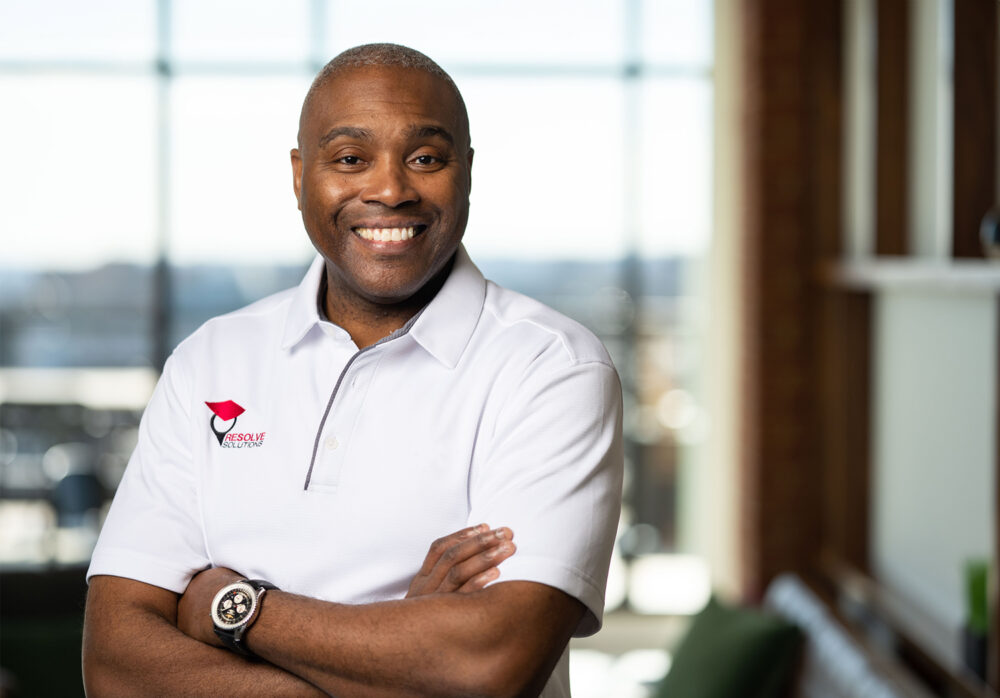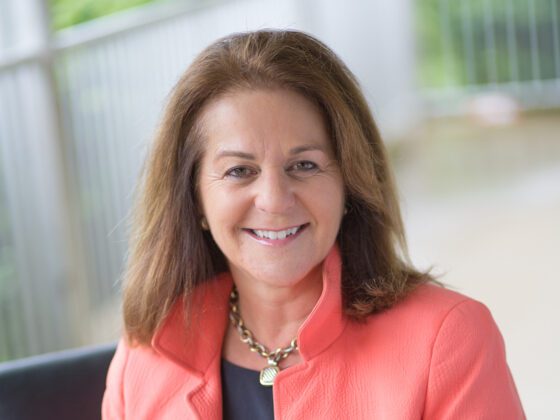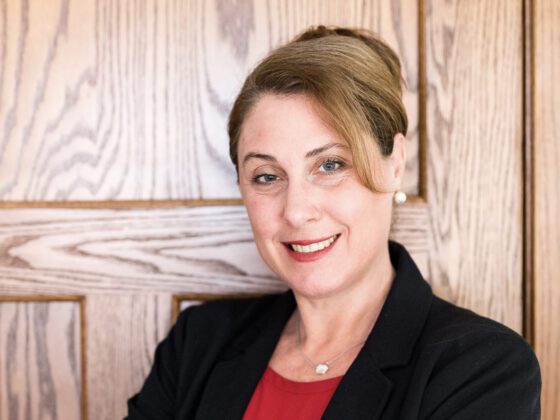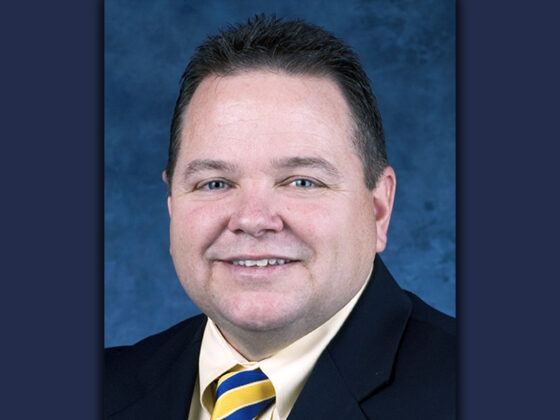A point of pride
Talk to Sean Lanier about Alexandria-based Resolve Solutions Incorporated, the nonprofit he founded in 2018, and you’ll notice there’s a part of his story where he gets particularly excited. Not long after recounting his background – the son of a Vietnam Medivac pilot, a graduate of VMI, and an Army career spanning 24 years –Lanier starts talking about Bethany (dentist), Holly (aspiring doctor), Juliane (aspiring public health lawyer), Rafael (Infantry officer) and Brian (Transportation Corps officer). Then there’s Mariah, starting her master’s at Notre Dame, and Jonathan, in his third year at Penn State Law; Sara, learning to become a naval aviator. Wait, he clarifies, First Lieutenant Jonathan Gray and Ensign Sara Belamarich.
Lanier speaks about his students with the kind of pride you might reserve for your own children and that paternal pride is well deserved. Thanks to Resolve Solutions, these young people are not only achieving their college aspirations, something that seemed all too elusive for children from underserved communities, but they’re setting out on careers that for too long they could only dream about.
The retired Army major always put a premium on education, recognizing that it was the door to opportunity. He speaks five languages, and while he says he wasn’t a STEM major, he made it a point to learn all the different majors. And he realizes that he still has much more to learn, joking that he’s in “year eight of a three-year plan. I expect my ‘overnight success to occur around year ten.” When he heard about The Executive Program (TEP) and the Commonwealth Fellowship – the one-year scholarship to Darden’s prestigious executive leadership program that has historically served students from the corporate world and for-profit sector – he couldn’t resist the temptation to apply.
The challenge
“As a nonprofit, the biggest thing is multiple streams of revenue coming in – we have to figure out a way to be stable so that we’re independent of the economic and political winds,” he explains. “College costs are going up, and there will be students every year, so I can’t wait for a donor to say, ‘We can’t support you this year.’ That kid’s opportunity is right now, so we have to find a way, and I haven’t figured it out yet.”
He aspires to reach 500 kids per year and send as many as 20 percent of them overseas each year. He calculates that this objective could require $1 million to $1.5 million a year, and determining the internal structures and budgets that can get him there is a top priority for his TEP experience.
The TEP perspective
In addition to immersing himself in the TEP curriculum and learning from some of the nation’s best business school professors, Lanier also recognizes that he’ll be exposed to a wealth of experience among his fellow classmates. And it’s those relationships that could hold the key to the long-term solutions he’s looking for.
“I think the biggest thing that will come out of the program is just being with peers and leaders in different businesses and backgrounds. I’m not the smartest person out here, so I try to surround myself with smart people, with people who may say, ‘Oh yeah, we had that problem, and this is how we solved it.’ I think bringing a collective mindset together to get fresh ideas will be most helpful.”
The 2024-2025 TEP session begins this fall with a two-week immersion on the Darden Grounds, with all students staying at The Forum Hotel. A second virtual model follows, concluding with a third in-person module at Darden’s DC Metro Grounds and Charlottesville Grounds in the spring.




